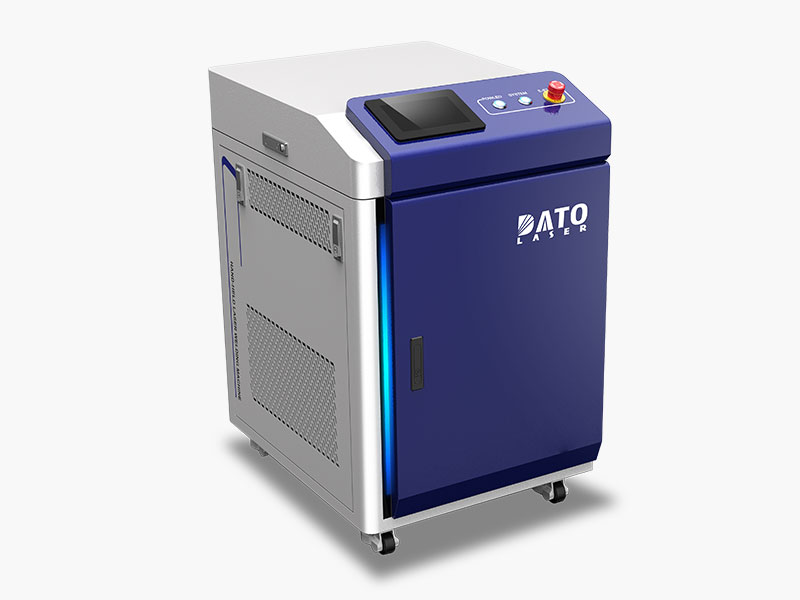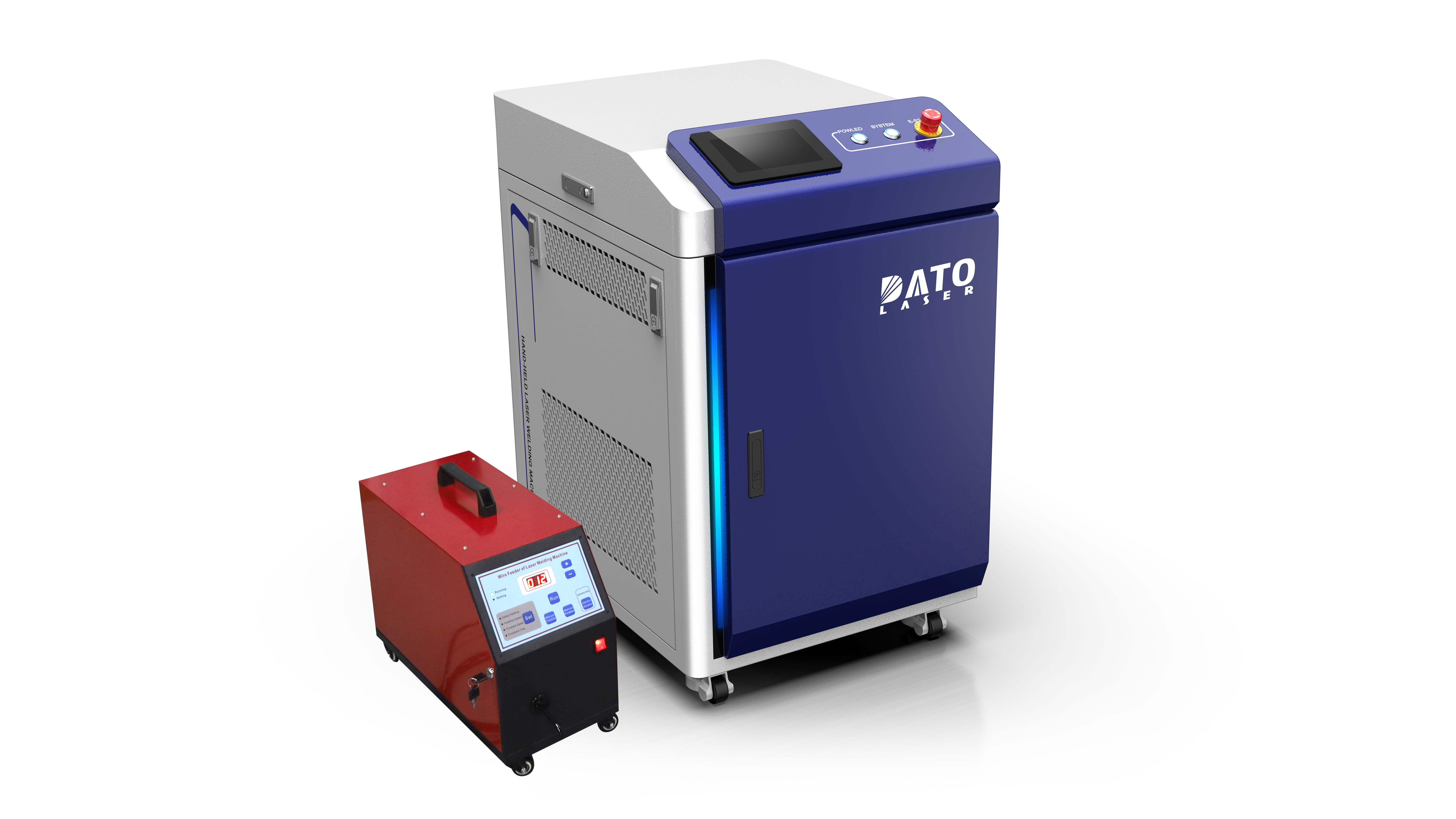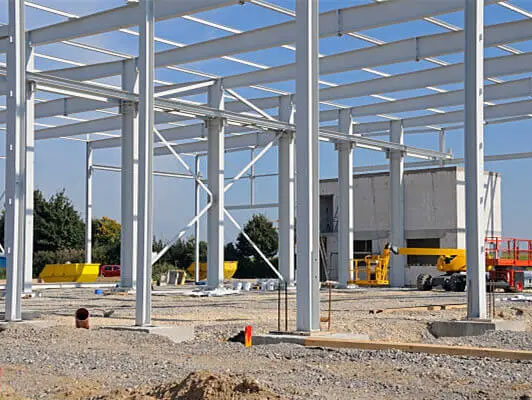What Types of Materials Can Laser Welding Machines Process?

A Comprehensive Guide to Materials Compatible with Laser Welding: Expanding Manufacturing Possibilities
In the ever-evolving world of manufacturing, understanding material compatibility with laser welding is crucial for optimizing production processes. As industry leaders at Dato & Leapion, we're here to guide you through the extensive range of materials that can be processed using laser welding technology.
Ferrous Metals
Stainless steel stands as one of the most commonly welded materials in laser applications. Its excellent beam absorption properties make it ideal for laser welding, resulting in clean, precise welds. Carbon steel, another widely used material, responds exceptionally well to laser welding, offering strong, durable joints with minimal heat distortion. Tool steels and high-strength steels also benefit from laser welding's precise heat control, maintaining their crucial mechanical properties.
Non-Ferrous Metals
Aluminum, despite its reflective nature, can be effectively welded using specific wavelength lasers. Modern laser welding systems overcome traditional challenges associated with aluminum's high thermal conductivity and oxide layer. Copper, traditionally difficult to weld with conventional methods, can be successfully joined using high-powered fiber lasers. This capability has become increasingly important in electric vehicle battery production and electronics manufacturing.
Precious Metals
The jewelry and medical device industries benefit significantly from laser welding's ability to work with precious metals. Gold, silver, and platinum can be precisely welded with minimal material loss, maintaining their valuable properties. The controlled heat input prevents damage to these sensitive materials while ensuring strong bonds.
Dissimilar Material Combinations
One of laser welding's most remarkable capabilities is joining dissimilar materials. Steel-to-aluminum connections, crucial in automotive lightweight construction, become possible through precise power control and specialized techniques. Copper-to-aluminum joints, essential in electrical applications, can be achieved with consistent quality. This versatility opens new design possibilities previously limited by traditional welding methods.
Advanced Materials
Modern manufacturing increasingly utilizes advanced materials. Titanium alloys, crucial in aerospace and medical applications, benefit from laser welding's precise heat control. Nickel-based superalloys, vital in turbine manufacturing, can be welded while maintaining their critical heat-resistant properties. Even exotic materials like molybdenum and tungsten can be processed effectively.
Material Thickness Considerations
Laser welding accommodates an impressive range of material thicknesses. From ultra-thin foils measuring just micrometers to thick plates several millimeters deep, the technology adapts through power and focus adjustments. This flexibility makes it valuable across industries, from microelectronics to heavy equipment manufacturing.
Surface Conditions and Preparation
Material surface condition significantly impacts weld quality. While laser welding is generally more forgiving than traditional methods, proper surface preparation ensures optimal results. Clean, oxide-free surfaces promote better beam absorption and stronger welds. Our systems include advanced monitoring features that help maintain consistent quality regardless of surface variations.
Temperature Sensitivity
Some materials require careful temperature control during welding. Laser welding's precise heat input and minimal heat-affected zone make it ideal for temperature-sensitive materials. This advantage is particularly valuable when working with heat-treated materials where maintaining specific properties is crucial.
Industry-Specific Applications
Different industries require specific material combinations. In automotive manufacturing, the ability to weld high-strength steels while maintaining their structural properties is essential. Medical device manufacturing benefits from the capability to weld biocompatible materials with absolute precision. Electronics manufacturing relies on the ability to create microscopic welds without damaging sensitive components.
Quality Assurance
Material compatibility goes hand in hand with quality control. Our laser welding systems incorporate advanced monitoring capabilities to ensure consistent weld quality across different materials. Real-time process control adjusts parameters automatically to maintain optimal welding conditions regardless of material variations.
Expert Support
Selecting the right laser welding solution for your specific materials requires expertise. Our team at Dato & Leapion provides comprehensive support in material testing, parameter optimization, and process development. We ensure you achieve the best possible results with your chosen materials.
Conclusion
The versatility of laser welding in processing various materials continues to expand manufacturing possibilities. Understanding these capabilities is crucial for making informed decisions about implementing laser welding in your production processes. Whether you're working with common metals or exploring new material combinations, laser welding offers solutions for your joining needs.
Ready to explore how laser welding can enhance your material processing capabilities? Contact our experts at Dato & Leapion for a detailed consultation and material testing evaluation.
Related Blogs
-
 Exploring the Safety, Precision, and Industrial Benefits of Laser Surface CleaningIn today’s fast-paced industrial world, where quality, efficiency, and sustainability are top priorities, manufacturers are constantly seeking better ways to clean metal surfaces without compromising material integrityBlog
Exploring the Safety, Precision, and Industrial Benefits of Laser Surface CleaningIn today’s fast-paced industrial world, where quality, efficiency, and sustainability are top priorities, manufacturers are constantly seeking better ways to clean metal surfaces without compromising material integrityBlog -
 A Complete Guide by DATO and LeapionIn modern industry, surface preparation and maintenance play a crucial role in achieving high-quality manufacturing results. Laser cleaning machines have emerged as one of the most innovative, efficient, and environmentally friendly tools for removing contaminantsBlog
A Complete Guide by DATO and LeapionIn modern industry, surface preparation and maintenance play a crucial role in achieving high-quality manufacturing results. Laser cleaning machines have emerged as one of the most innovative, efficient, and environmentally friendly tools for removing contaminantsBlog -
 Laser cleaning machines are revolutionizing industrial surface cleaning by offering a faster, safer, and more eco-friendly alternative to traditional methods. Whether removing rust, paint, oil, oxide, or other surface contaminants, laser cleaning has become a cutting-edge solution in manufacturing,Blog
Laser cleaning machines are revolutionizing industrial surface cleaning by offering a faster, safer, and more eco-friendly alternative to traditional methods. Whether removing rust, paint, oil, oxide, or other surface contaminants, laser cleaning has become a cutting-edge solution in manufacturing,Blog -
 Introduction: Transforming EV Battery Manufacturing Through Laser TechnologyThe electric vehicle revolution has accelerated dramatically over the past decade, bringing with it unprecedented challenges and opportunities in battery manufacturing. As global automakers commit billions to electrificationBlog
Introduction: Transforming EV Battery Manufacturing Through Laser TechnologyThe electric vehicle revolution has accelerated dramatically over the past decade, bringing with it unprecedented challenges and opportunities in battery manufacturing. As global automakers commit billions to electrificationBlog















